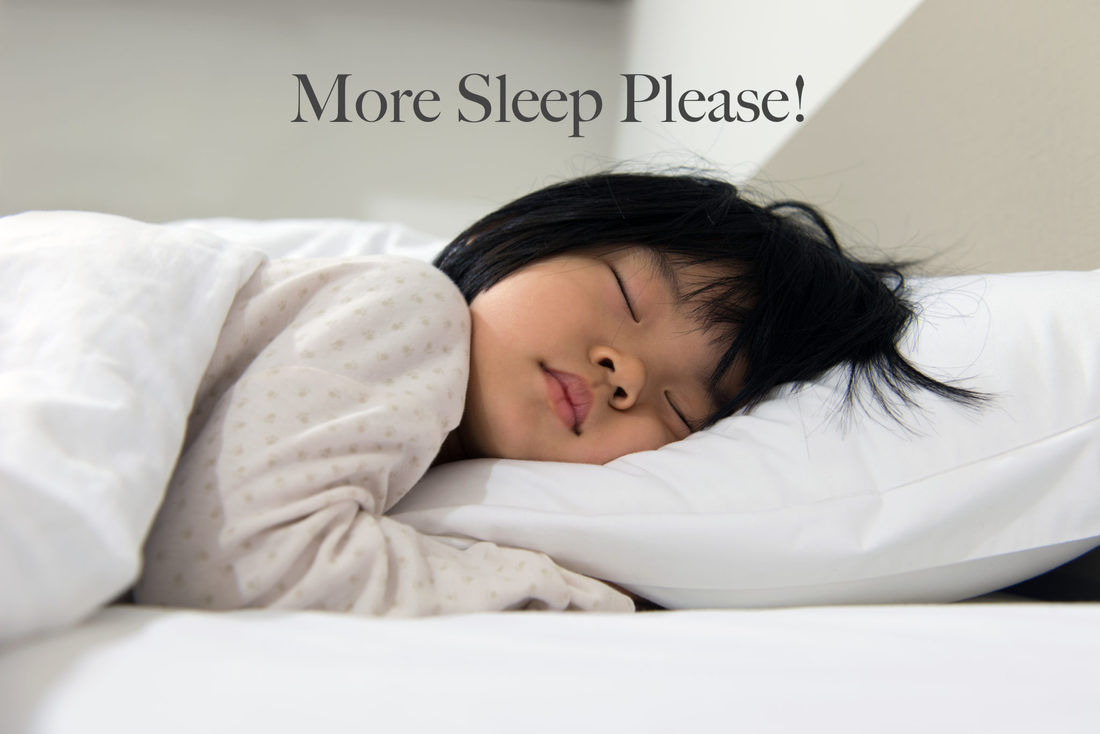Adequate sleep is a self-care necessity. It is shown to have tremendous benefits on the body, mind, and soul. Most people want to get good sleep, but for many families, this is often easier said than done. Sleep, a distant memory, is frequently seen as a luxury rather than a given. But does it have to be this way? Many parents don’t think so, and are making conscious efforts to change the way their family sleeps for the better.
5/26/2022 02:03:36 am
I very much appreciate it. Thank you for this excellent article. Keep posting! Comments are closed.
|
Categories
All
Archives
March 2023
|
[email protected]


 RSS Feed
RSS Feed